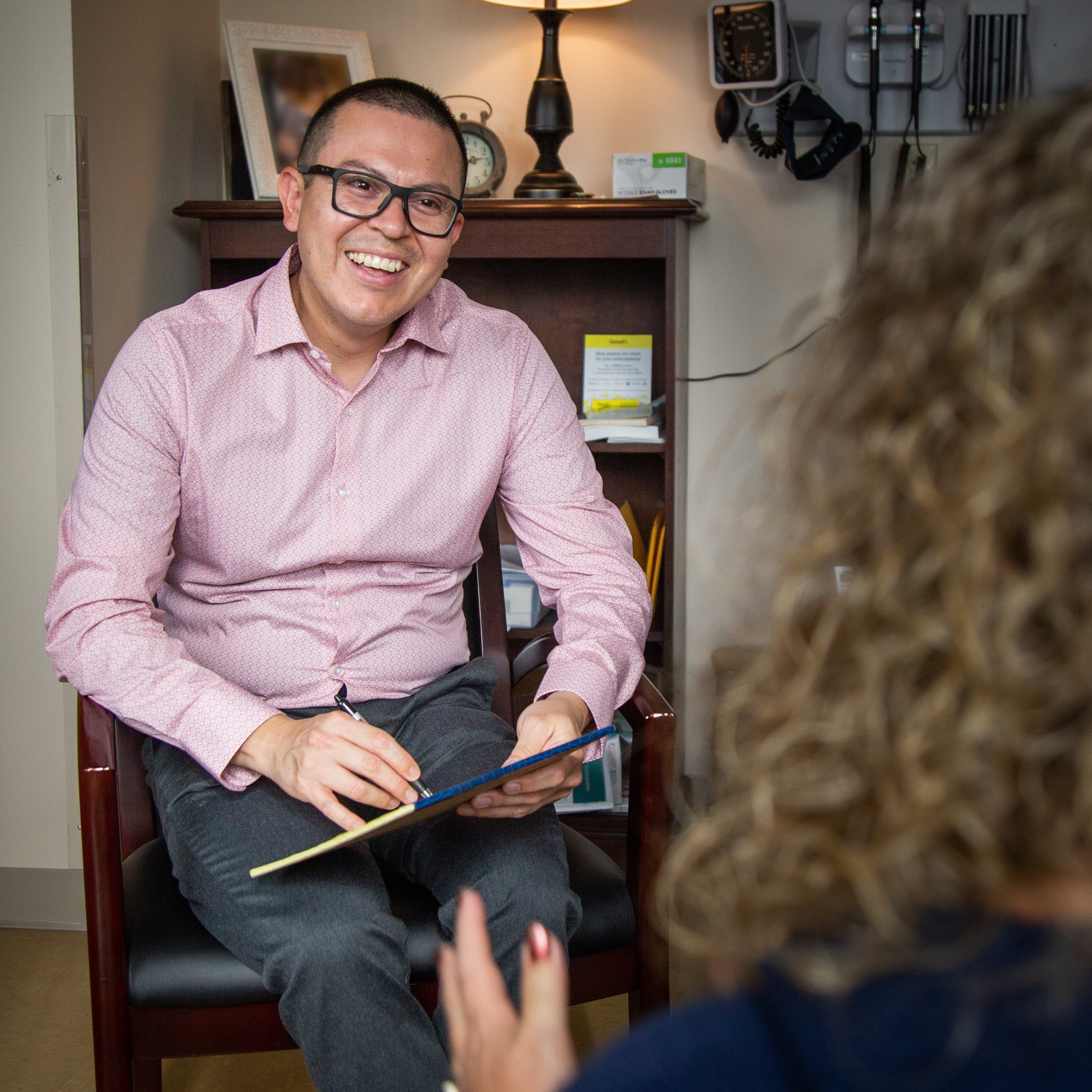While the stigma surrounding mental health is lessening—thanks to a heightened focus on awareness—there’s still misunderstanding about why and when an individual might benefit from seeing a psychiatrist. This is an especially relevant topic, as many people have suffered greatly during the COVID-19 pandemic.
Dr. Erik Bayona, Psychiatrist at Palouse Psychiatry and Behavioral Health, shares helpful information for anyone struggling with depression, anxiety, isolation, or any other mental health issue.
A Psychiatrist, Defined
A psychiatrist is first and foremost a medical doctor who has gone through undergraduate and medical school. After medical school, psychiatrists enter specialty training known as a residency. Most people then end up going into the practice of psychiatry.
“Medicine itself is a vast world and so involved. For me, I was just very interested in how psychiatry considers the person in a very holistic sense, taking the whole person in mind,” shares Dr. Bayona. “And, getting to know people in psychiatry, we're able to take the time to really talk with patients, get to know them, and develop personal relationships. That was really important to me. Also, the brain and human behavior was another interest of mine.”
Effects of the Pandemic
The pandemic has been challenging, to say the least. Because it came on quickly, and so little was known, people found themselves having to adapt in any way they could. However, social distancing, quarantines, and being cut off from friends and family has had lasting effects.
“We're social beings, and isolation can have pretty drastic effects on mental health. Yet, one of the silver linings through all of this is that there's been a lot more of a discussion about how to stay well,” states Dr. Bayona. “There's this silent expectation that we should all be good all the time. But, in fact, it's okay to not be okay and to be more open about talking about that and just being honest. At that point, you can find ways to feel better.”
Trauma from losing loved ones—often quickly and without the opportunity to say goodbye—has also been a major contributor to mental and emotional health symptoms.
Addressing Myths and Misconceptions
One misconception Dr. Bayona has encountered in his career is that psychiatry is only for people who are severely struggling; perhaps on the precipice of suicide. Another is that medication is the main focus for addressing mental health issues, which could lead to a number of undesirable side effects. Neither is true.
“To be quite honest, a lot of people I see don't need any medications at all. A lot of treatments can be based on therapy. It's not only about the medications,” he assures.
Dr. Bayona also urges any person who is encountering mental health challenges to consider meeting with a psychiatrist. There’s no harm in entertaining the idea and realizing all the benefits that may result.
“It's one of those things we all go through, the ups and downs of life. We all have our struggles, but if you notice things aren’t getting better and you've tried different approaches, just think of it like how you would talk to a doctor about cholesterol levels or about a cold. It's a similar approach in psychiatry. Come in for an appointment, we can have a meeting and explore treatment options. There is help out there, and we're available. I encourage people to not keep suffering needlessly if there's a way to get help and to feel better.”
To listen to an in-depth conversation on this topic with Dr. Erik Bayona, Psychiatrist at Palouse Psychiatry and Behavioral Health, check out the Health Podcast episode.
